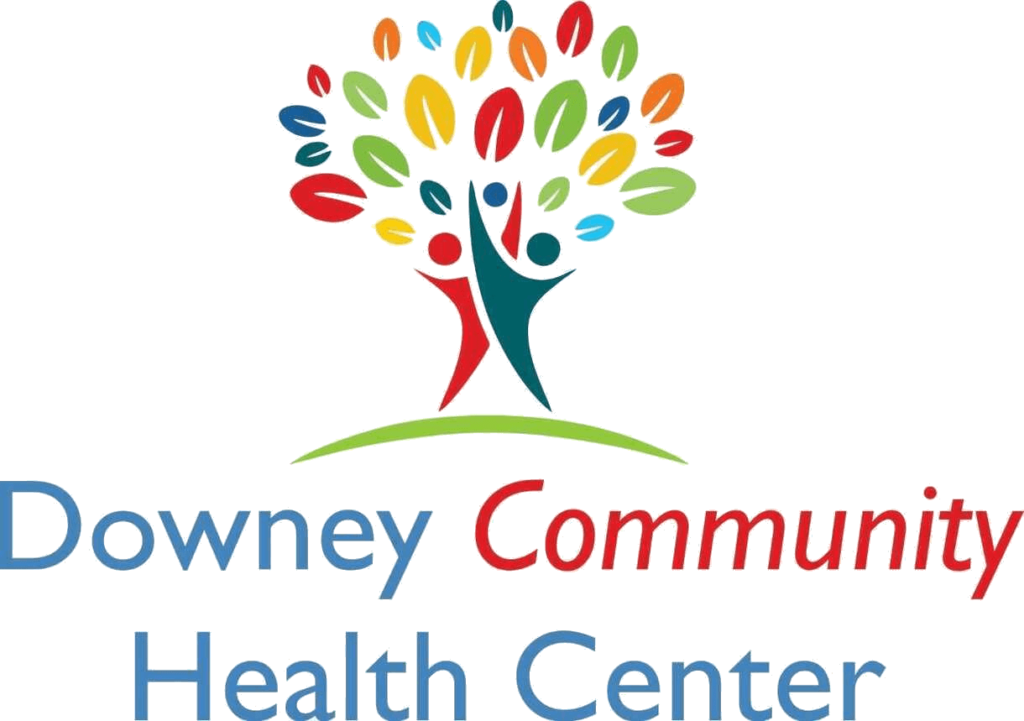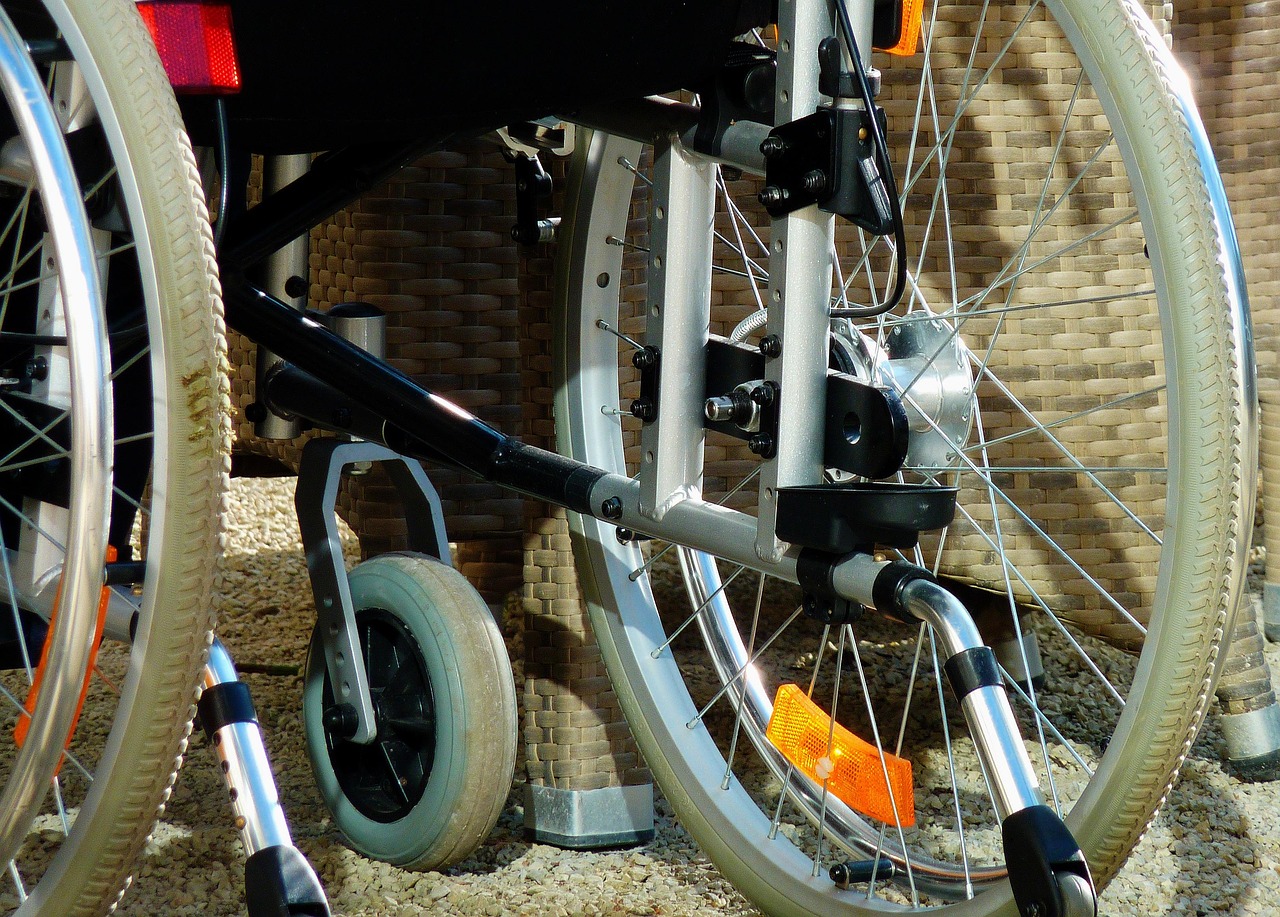Skilled nursing care encompasses a wide range of medical services provided by licensed professionals, including registered nurses (RNs), licensed practical nurses (LPNs), and physical, occupational, and speech therapists.
This type of care is essential for individuals recovering from surgery, those who have suffered an injury, or patients managing chronic conditions requiring professional medical attention.
The importance of skilled nursing care lies in its ability to offer comprehensive, round-the-clock support tailored to the patient’s specific health needs. This dedicated care not only facilitates a smoother and faster recovery process but also significantly improves the quality of life for patients and their families.
Since they address the medical, emotional, and physical requirements of patients, skilled nursing care plays a crucial role in the healthcare continuum, bridging the gap between hospital stay and home care or long-term care facilities.
Understanding Skilled Nursing Care
Skilled nursing care refers to the high level of medical care provided by licensed health professionals, such as registered nurses (RNs), licensed practical nurses (LPNs), and physical, speech, and occupational therapists.
This type of care is typically required for individuals recovering from illness or surgery, those in need of rehabilitation services, or patients with chronic conditions requiring meticulous management.
The scope of skilled nursing care encompasses a broad range of services, for example, complex wound dressings, intravenous therapy, care in a nursing home or in assisted living communities, occupational therapy, Medicaid services, administering medications physical rehabilitation, and monitoring of vital signs. It is distinguished by its clinical complexity and the need for regular oversight by a healthcare professional.
Skilled nursing care stands apart from other types of care through its focus on medical treatment and its provision by licensed healthcare professionals. Unlike custodial care, which includes services such as bathing, dressing, and eating assistance, skilled nursing services address more complex health needs that require professional skills and clinical judgment.
Furthermore, while home health care can include some elements of skilled nursing, it is generally more intermittent and focused on recovery and rehabilitation in the patient’s home, as opposed to the continuous, comprehensive care found when working with licensed nurses in skilled nursing care facilities.
Nurse Practitioners (NPs)
Nurse Practitioners (NPs) represent a pivotal component in the domain of Advanced Practice Nursing. These healthcare professionals are equipped with graduate-level education, typically holding a Master of Science in Nursing or a Doctor of Nursing Practice degree.
Their training encompasses both theoretical knowledge and clinical practice, preparing them to provide a wide range of healthcare services across diverse patient populations.
NPs possess areas of expertise that allow them to diagnose and manage common and complex medical conditions. Their scope of practice can vary by state but often includes prescribing medications, ordering and interpreting diagnostic tests, and initiating treatment plans.
Additionally, many NPs choose to specialize in areas such as family practice, pediatrics, geriatrics, physical and occupational therapy, women’s health, and mental health, enabling them to deliver specialized care tailored to the specific needs of their patients.
Nurse Managers and Directors
Nurse Managers and Directors play a pivotal role in the leadership and operation of nursing care facilities. They are responsible for overseeing the delivery of quality patient care, managing nursing staff, ensuring compliance with healthcare regulations, and collaborating with other healthcare professionals to improve services and patient outcomes.
Their duties also encompass skilled nursing staff scheduling, budgeting, and implementing policy changes to enhance care quality and efficiency.
To qualify for these roles, a Bachelor of Science in Nursing (BSN) is typically required, with many facilities preferring or requiring a Master of Science in Nursing (MSN) or higher.
Additionally, candidates must have several years of clinical experience, with a significant portion in a leadership or managerial capacity. Strong leadership, communication, and organizational skills are essential, along with a deep understanding of healthcare laws, ethics, and best practices in patient care.
Nurse Managers and Directors are crucial in shaping a positive, efficient, and effective healthcare environment for both staff and patients. Some choose to work in assisted living facilities, while others manage groups of physical and occupational therapists in nursing homes, supervise staff, and so on.
Nurse Educators
Nurse Educators play a pivotal role in the realm of skilled nursing care by training the future workforce. These specialized professionals are not only experienced in clinical practices but also adept in educational strategies, enabling them to effectively impart knowledge and skills to nursing students.
Their contribution is crucial in ensuring that the upcoming generation of nurses is well-equipped with the necessary competencies to provide high-quality care.
Nurse Educators design curricula, teach courses, assess student progress, and are actively involved in the development of clinical training programs. Through their dedication and expertise, they uphold the standards of nursing education and practice, preparing students to meet the diverse needs of patients in various healthcare settings.
Choosing the Right Provider
Choosing the right skilled nursing care provider involves careful consideration of several key factors. First and foremost, the quality of care and the competence of the nursing staff are paramount. Accreditation and certifications from reputable health organizations can serve as strong indicators of a provider’s commitment to maintaining high standards.
Additionally, the ratio of staff to patients is critical for ensuring personalized and timely care. Other factors to consider include the facility’s cleanliness, its reputation within the community, the range of services offered, and the overall atmosphere and attitude of both staff and residents.
Equally important is assessing the specific needs of the individual requiring care. This involves evaluating the level of medical and daily living assistance needed, such as help with medication management, wound care, physical therapy, and personal hygiene.
Understanding any specialized care requirements, such as for Alzheimer’s disease or other forms of dementia, is also crucial, especially if the patient is looking for the right staff at an assisted living facility.
The right skilled nursing provider should offer a personalized care plan that addresses these needs comprehensively, ensuring that the individual not only receives the necessary medical support but also enjoys a quality of life that is enriched and dignified.
Final Words
Keynote Takeaways
- Skilled Nursing Care Providers: We’ve highlighted the crucial role played by licensed health professionals who deliver this level of care, ensuring that patients receive medical attention and rehabilitation services tailored to their specific needs.
- Types of Services: From wound care to physical therapy and post-operative rehabilitation, skilled nursing facilities offer an extensive array of services aimed at fostering patient recovery and enhancing quality of life.
- Choosing the Right Facility: The choice of a skilled nursing facility should be informed by factors such as the quality of care, staff credentials, patient reviews, and the range of services provided.
In exploring the domain of skilled nursing care, we’ve traversed a wide scope of considerations pertinent to those in need of medical or rehabilitative services outside a traditional hospital setting. To recap, skilled nursing care encompasses a range of services provided by licensed professionals such as registered nurses, physical therapists, and occupational therapists.
These services are designed to meet the health requirements of individuals recovering from surgery, undergoing treatment for chronic diseases, or in need of specialized attention for conditions such as dementia.
The decision to seek skilled nursing care for a loved one encompasses numerous factors, ranging from understanding the level of care needed to choose the right facility. It requires a thorough assessment of the individual’s medical needs, personal preferences, and the family’s capabilities to support.
With the right information and a clear understanding of what skilled nursing care entails, families can make informed decisions that ensure their loved ones receive the best possible care. Remember, the ultimate goal is not just recovery, but also maintaining dignity, respect, and the highest possible quality of life for those we care about.







